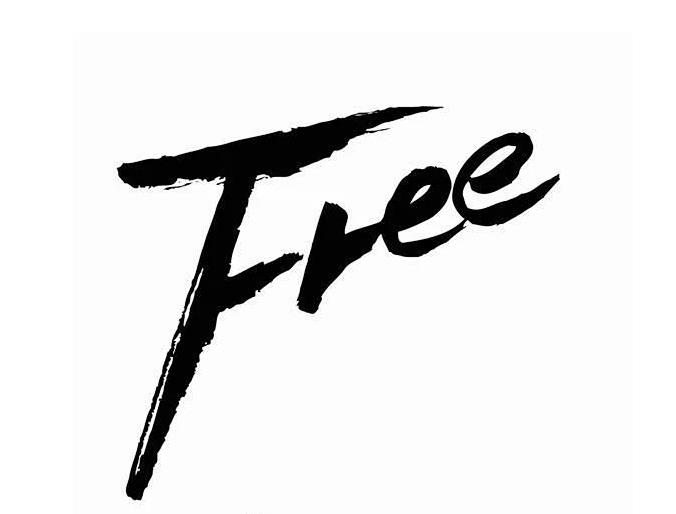In the realm of human expression and communication, the pen stands as an unparalleled instrument, a silent yet potent companion that has traversed centuries, bearing witness to the evolution of thought, culture, and civilization. From the quill of a feather to the sleek, technologically advanced writing tools we possess today, pens have been integral to recording history, expressing emotions, and shaping ideas.
Firstly, pens serve as a bridge between the intangible realm of thoughts and the tangible world of words. They transform abstract concepts into concrete forms, allowing individuals to articulate their feelings, aspirations, and ideas with precision and clarity. Whether it's a poet penning a sonnet under the moonlight or a scientist meticulously noting down experimental results, the pen facilitates the transfer of intellectual energy from mind to paper, making it a crucial tool for creativity and knowledge dissemination.
Moreover, pens hold immense sentimental value. Many of us have kept journals or letters written with specific pens, each stroke carrying a memory, a moment frozen in time. These written artifacts become treasures, reminders of our growth, relationships, and the passage of time. A pen, therefore, is not just an object; it becomes a keeper of personal histories, a tangible link to our past selves.
Pens also symbolize power and authority. The signing of important documents, from declarations of independence to international treaties, is often done with a pen, emphasizing the weight and significance of the act. In this context, the pen becomes a symbol of responsibility, decision-making, and the power to shape the future. It is no wonder that the phrase "the pen is mightier than the sword" resonates deeply, highlighting the transformative potential of written words over physical force.
Furthermore, in the digital age, where typing on keyboards has become the norm, the act of using a pen to write by hand holds a unique charm. Handwriting fosters a deeper connection between the writer and the text, slowing down the process and encouraging mindfulness. It allows for personalization and creativity in a way that typed text often lacks, making each handwritten document a unique artwork.
Lastly, pens play a vital role in education and learning. They are the primary tools for students as they embark on their journey of knowledge acquisition, helping them practice writing skills, solve problems, and express themselves. The simple act of holding a pen and putting thoughts to paper can stimulate critical thinking and enhance memory retention.
In conclusion, the pen, though seemingly humble, is a powerful symbol and tool that has shaped human history and continues to play a pivotal role in our lives. It embodies the essence of communication, creativity, memory, authority, and learning. As we advance further into the digital era, let us not forget the timeless elegance and profound impact of this simple yet extraordinary instrument – the pen.
 The Role of Pens in Education
The Role of Pens in Education
 The Art of Handwriting with Pens
The Art of Handwriting with Pens
 The Evolution of Pens
The Evolution of Pens